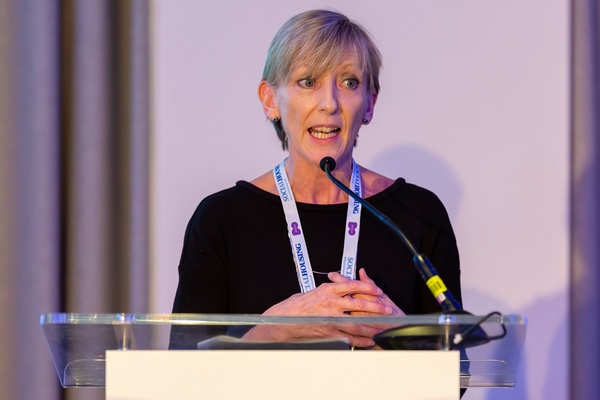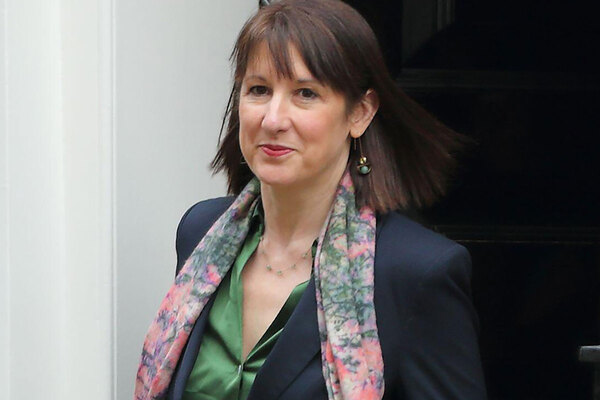You are viewing 1 of your 1 free articles
Regulator clarifies how it will assess for-profits amid sector proliferation
The Regulator of Social Housing (RSH) has clarified how it will assess for-profits amid an influx of new players.

An update to Regulating the Standards, which sets out how the regulator assesses whether registered providers are meeting standards, explains that for-profits will be judged in the same way as non-profit associations, including being given exactly the same governance and viability gradings after in-depth assessments.
However, the regulator acknowledges that there are differences between both models, which it needs to take into account when assessing viability.
This includes making it clear that judgements of for-profit registered providers will only reflect them and not a wider group of companies they may be linked to.
The update from the regulator said: “We recognise that such providers have different capital structures and cash flow dynamics and are often subsidiary organisations within a larger group of connected companies on which the for-profit provider depends to carry out its functions.
“While the provider may often contribute to the wider group strategy, it must meet the requirements of the regulatory standards.”
Narrative regulatory judgements relating to for-profit providers will make clear with an explanatory statement that it does not represent an assessment of non-registered companies connected to it and only an assessment of the registered provider.
An asterisk with a for-profit provider’s grade (eg G1*) will also be added “to make it clear that the assessment refers to a provider that is designated on the register as being for-profit”.
The update will be applied when the regulator reports its first regulatory judgements of for-profit providers that own more than 1,000 homes.
Fiona MacGregor, chief executive of the RSH, said: “All providers are custodians of people’s homes and need to ensure those homes meet the needs of their tenants over the long term.
“It is vitally important that providers meet the standards that we, their tenants and stakeholders expect.”
The update comes as the sector is seeing a large influx of for-profit providers, backed by investment firms or developers.
Last May, the regulator said there were around 50 organisations currently applying to become for-profit providers.
Legal & General registered four of its subsidiaries in November, while Zen Housing, which includes former A2Dominion chief executive Darrell Mercer on its board, registered the same month.
In January, London property firm City & Docklands registered AWOL, its build-to-rent management arm, as a for-profit.
In February, Transport for London registered a for-profit provider as part of its long-term joint venture with large residential landlord Grainger.
Sign up for our development and finance newsletter
Already have an account? Click here to manage your newsletters











